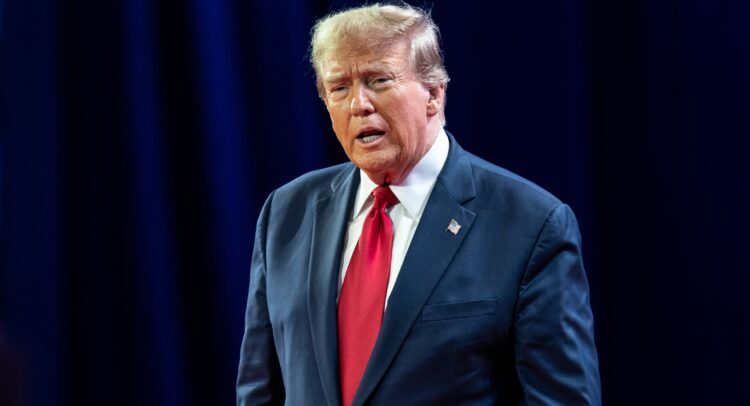In a landmark ruling, three justices of the US Supreme Court expressed concerns about the potential dangers of presidential immunity, including the possibility of a president ordering the assassination of a political opponent. The ruling, issued on July 1st, stated that while the president has immunity for official acts, they are not immune for personal actions.
The decision came after former President Donald Trump was indicted by a Washington federal court in August 2023 for his role in attempting to overturn the results of the 2020 presidential election and sparking the January 2021 Capitol Hill riot. Trump argued that he was immune from prosecution for his actions and took his case to the Supreme Court. Six justices voted in favor of immunity, while three dissented.
Chief Justice John Roberts clarified that the ruling did not mean that the president was above the law but only applied to official acts. However, dissenting justices raised concerns about how this decision could lead to dangerous situations if it allowed a president to act with impunity and without fear of legal consequences. They argued that it would undermine constitutional principles that no one is above the law.
Justice Sonia Sotomayor highlighted this concern, stating that as the most powerful person in










+ There are no comments
Add yours